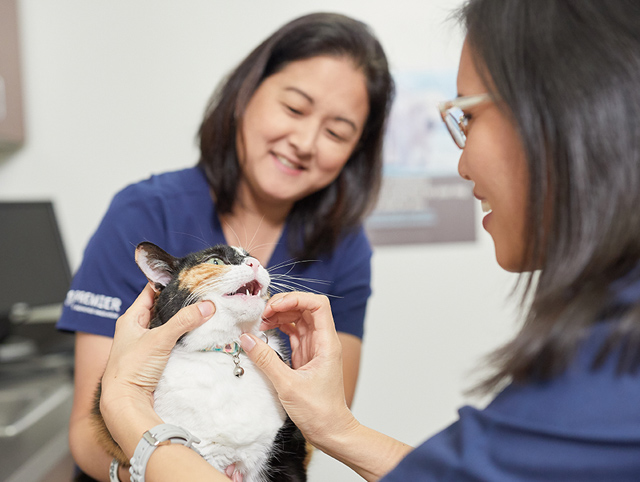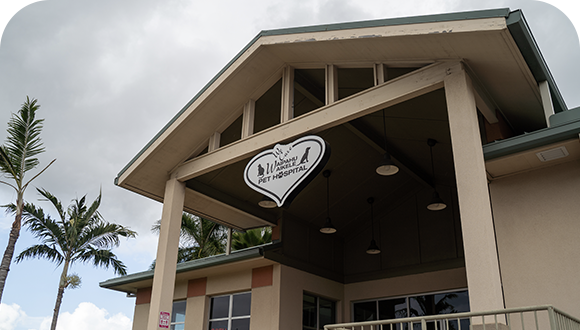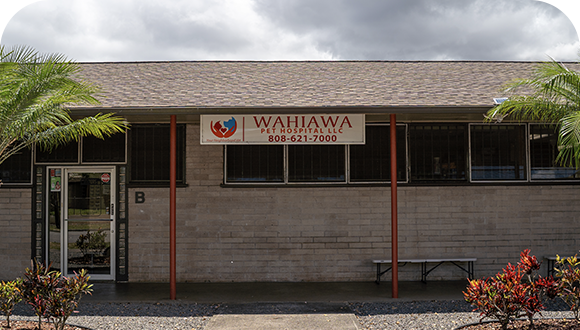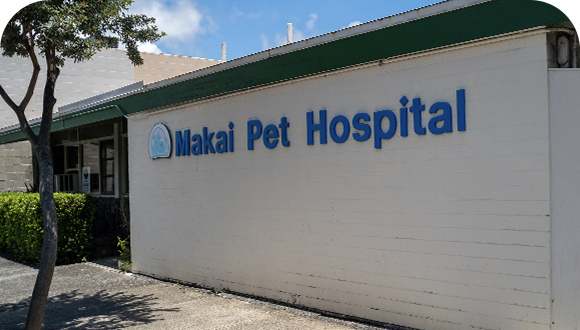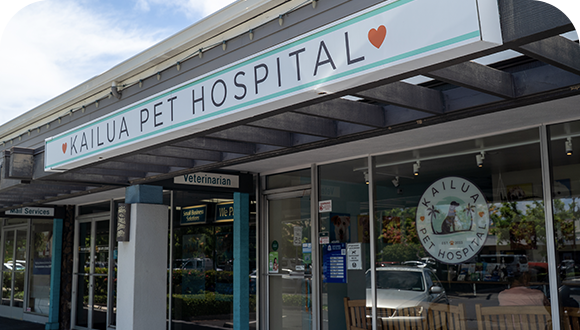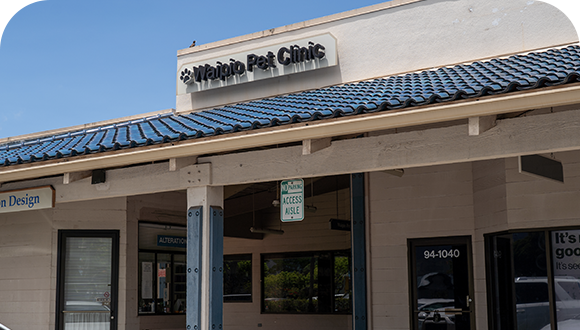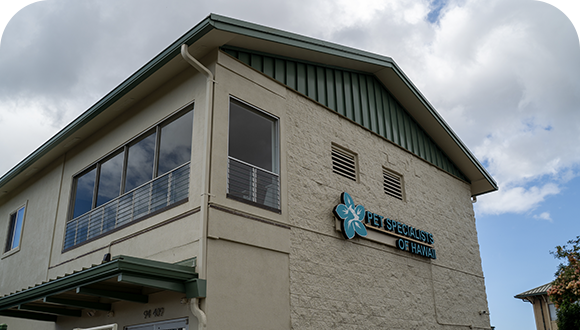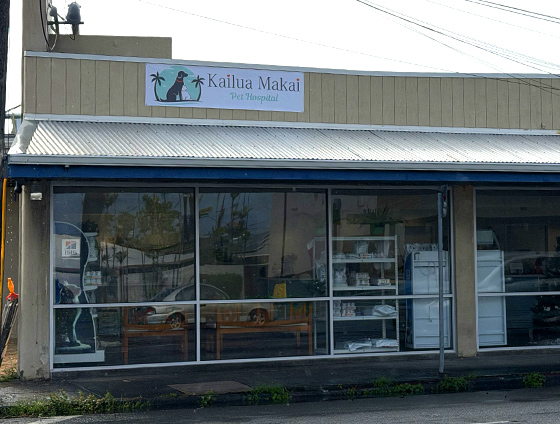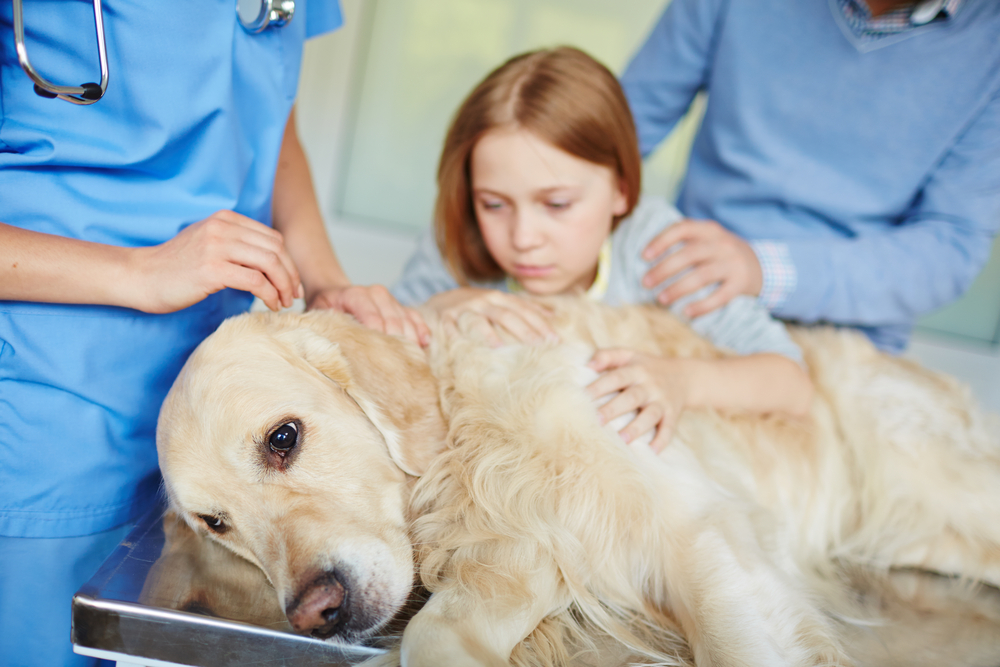
At Pet Hospitals of Hawaii in Makai and Kailua, we know the thought of your pet undergoing surgery can be stressful. Whether it’s a routine procedure or something more complex, understanding when surgery is necessary and how to prepare can help you feel more confident in making the best decision for your pet’s health.
When Is Pet Surgery Necessary?
Surgery may be recommended for many reasons - some preventive, others urgent. Common reasons include:
Spaying or Neutering: One of the most routine and important surgeries for pets, helping to prevent unwanted litters and certain health issues.
Dental Surgery: Removal of damaged or infected teeth to improve oral health and overall well-being.
Mass or Tumor Removal: To address growths that may be benign or malignant.
Orthopedic Surgery: Repairs for broken bones, torn ligaments, or joint issues.
Foreign Object Removal: When pets swallow something they shouldn’t, surgery may be necessary to prevent internal damage.
Emergency Surgeries: Such as for internal bleeding, blockages, or severe injuries.
If your veterinarian recommends surgery, it’s usually because they believe it will improve your pet’s quality of life or address a potentially life-threatening condition.
How to Prepare Your Pet for Surgery
Preparation is key to ensuring a smooth procedure and recovery for your pet. One of the most important steps is following your veterinarian’s pre-surgery fasting instructions. They will let you know when to stop feeding your pet before the procedure to minimize the risk of complications during anesthesia.
Your veterinarian may also recommend pre-surgical testing, such as bloodwork and other diagnostics, to assess your pet’s overall health and confirm they can safely undergo anesthesia. This step is essential in identifying any underlying conditions that could affect the procedure.
Before surgery, it’s also helpful to set up a quiet, comfortable space in your home where your pet can rest afterward. Having this area ready in advance ensures your pet can recover in a calm, stress-free environment.
Be sure to review all post-surgery care instructions provided by your veterinary team. These will include important details about medication schedules, activity restrictions, and follow-up appointments to monitor healing.
Lastly, remember that pets can sense your emotions. Staying calm and reassuring can help keep your pet relaxed and reduce their anxiety before and after the procedure.
Recovery and Aftercare
Recovery times vary depending on the type of surgery, your pet’s age, and their overall health. Most pets need limited activity, a special diet, and follow-up visits to ensure proper healing. If you notice changes in behavior, appetite, or the surgical site, contact your veterinarian right away.
Schedule Your Pet’s Surgical Consultation Today
Pet surgery is never a decision taken lightly, but in many cases, it’s a crucial step in maintaining or restoring your furry friend’s health. Our experienced veterinary team is committed to ensuring your pet’s safety and comfort from pre-op to post-op care.
Contact Pet Hospitals of Hawaii in Makai or Kailua to schedule a consultation and learn more about our surgical services. Call (808) 671-7387 (PETS) to book an appointment today.


